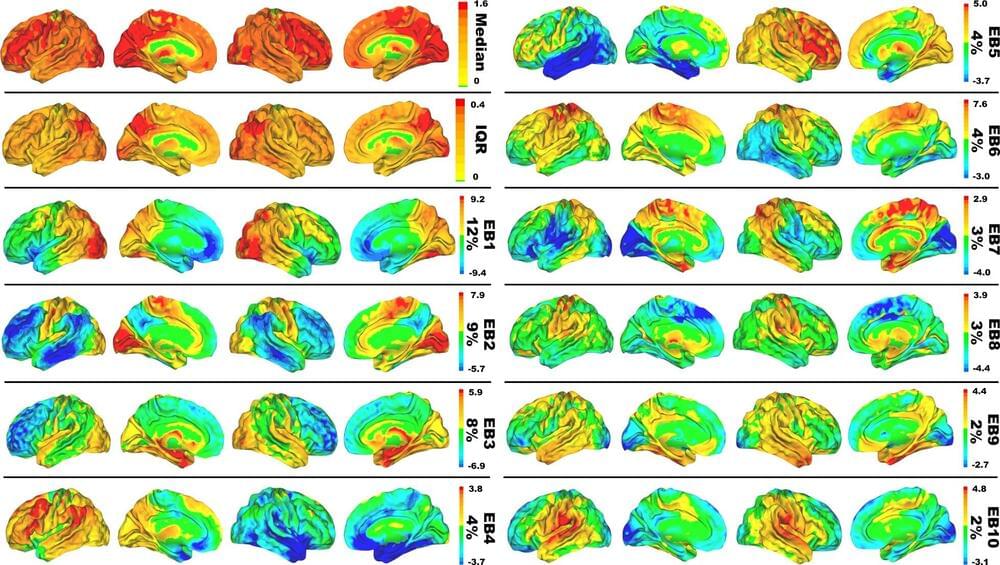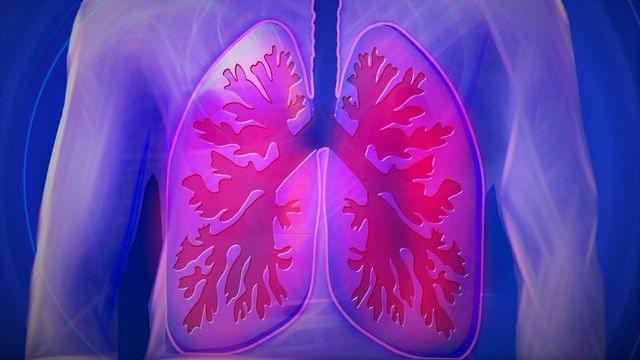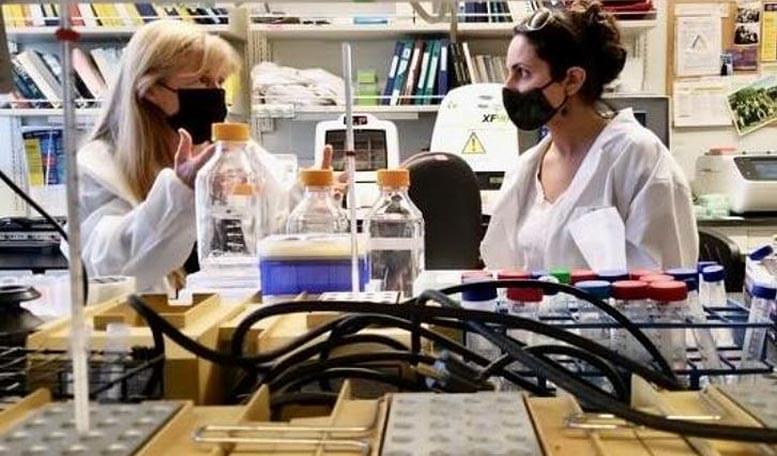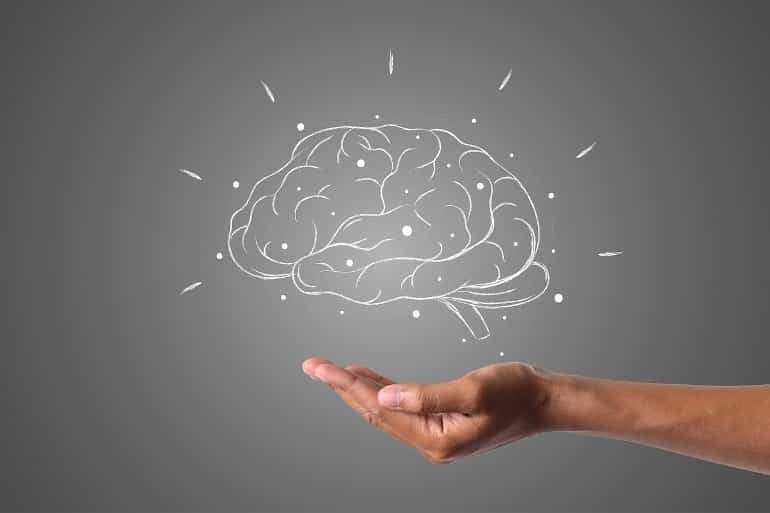Great article by the great Steve Hill. One little thing:
“The life extension community unfortunately does have a reputation for being long on promises and short on delivery. With what is now decades of research, there are still no effective therapies against aging.”
Well, George Church commented recently that life extension does exist for mice and worms. And there is one human trial underway via plasma dilution and another one later this year.
It seems bizarre that in 2022, some biotech companies interested in doing something about aging are still saying that they are not. Cellular rejuvenation seems to be the latest buzzword and an attempt to rebrand and escape the stigma of anti-aging.





